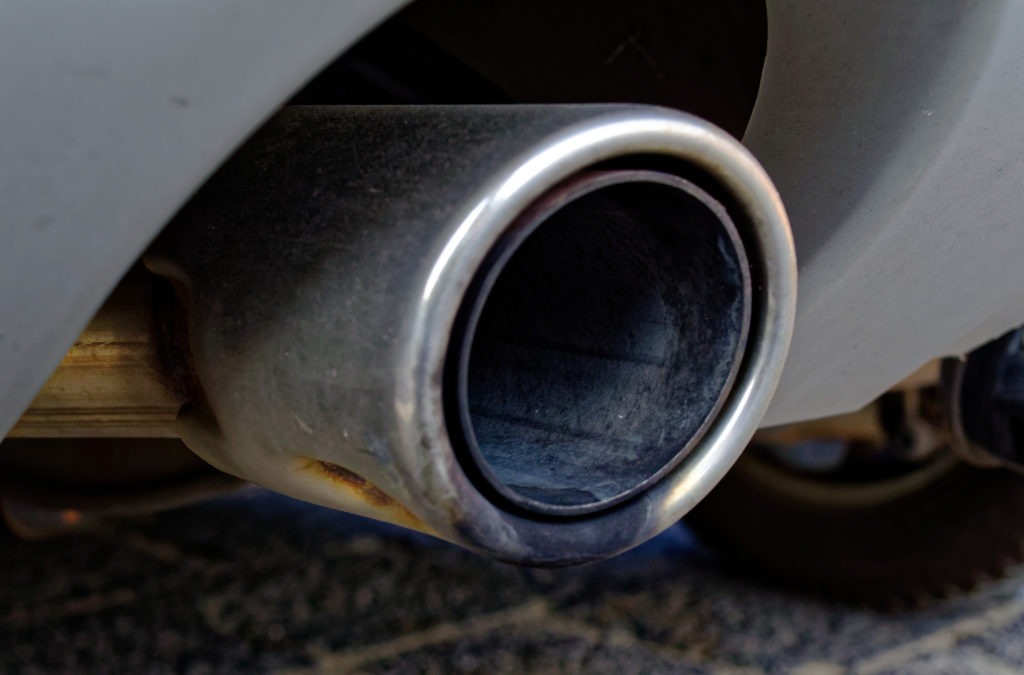German carmakers face large fines as EU commission charges over emissions cartel
08 April 2019

8 April 2019
Regulators in the European Union have charged BMW, Daimler and Volkswagen Group with colluding to block the introduction of emissions-reducing technology.
The investigation into the cartel began in 2017, following Daimler’s admission to the European Commission that the companies were working together to prevent certain technologies coming to market. The Commission has yet to announce the financial penalties it will impose.
Commissioner Margrethe Vestager, in charge of competition policy, said: ′Companies can cooperate in many ways to improve the quality of their products. However, EU competition rules do not allow them to collude on exactly the opposite: not to improve their products, not to compete on quality. We are concerned that this is what happened in this case and that Daimler, VW and BMW may have broken EU competition rules. As a result, European consumers may have been denied the opportunity to buy cars with the best available technology. The three car manufacturers now have the opportunity to respond to our findings.’
The Commission’s preliminary view is that BMW, Daimler and VW participated in a collusive scheme, in breach of EU competition rules, to limit the development and roll-out of emission-cleaning technology for new diesel and petrol passenger cars sold in the European Economic Area (EEA). This collusion occurred in the framework of the car manufacturers’ so-called ″circle of five″ technical meetings.
In particular, the Commission has concerns regarding the following technologies:
Selective catalytic reduction (SCR) systems to reduce harmful nitrogen oxide (NOx) emissions of diesel passenger cars through the injection of AdBlue in the exhaust gas stream. In the Commission’s preliminary view, BMW, Daimler and VW coordinated their AdBlue dosing strategies, AdBlue tank size and refill ranges between 2006 and 2014 with the common understanding that they thereby limited AdBlue-consumption and exhaust gas cleaning effectiveness.
‘Otto’ particle filters (OPF) to reduce harmful particle emissions from the exhaust gases of petrol passenger cars with direct injection. In the Commission’s preliminary view, BMW, Daimler and VW coordinated to avoid, or at least to delay, the introduction of OPF in their new (direct injection) petrol passenger car models between 2009 and 2014, and to remove uncertainty about their future market conduct.
In its statement, the Commission said its preliminary view is that the car manufacturers’ behaviour aimed at restricting competition on innovation for these two emission-cleaning systems and in doing so, denied consumers the opportunity to buy less polluting cars, despite the technology being available to the manufacturers.
Such market behaviour, if confirmed, while not entailing price fixing or market sharing, would violate EU competition rules prohibiting cartel agreements to limit or control production, markets or technical development.
Daimler has said it expects no fine as it warned the Commission of the practice, thereby gaining protection under cartel investigation rules.
BMW said in a release: ′The BMW Group will examine the objections and information provided by the European Commission and submit a reply to the authority. Since this matter concerns ongoing proceedings of the European Commission, the company will not comment on the content of the objections at this time. The BMW Group’s review of the statement of objections and any resulting potential financial impact is ongoing.’
The company has also suggested that its expected fine will be around €1 billion and has warned that this will affect its first quarter profits, while leading to a 4.5% hit on its annual profit margin.
BMW is likely to be the hardest hit of the three manufacturers but Daimler could avoid a fine for being the ′whistle-blower.’ Meanwhile, VW has aided authorities with its investigations, which entitles the company to a reduced financial penalty under European procedure.
BMW, however, has consistently denied any wrongdoing, meaning a fine would be of the highest amount the Commission could impose. The manufacturer has said it will contest the EU Commission’s findings ′if necessary’.